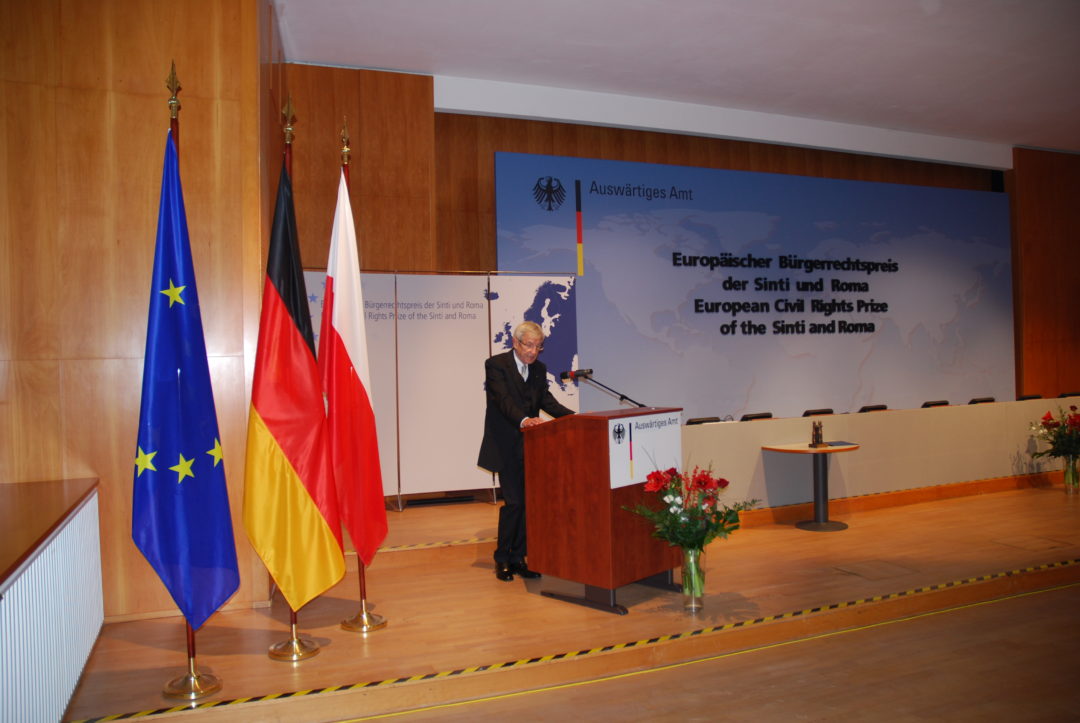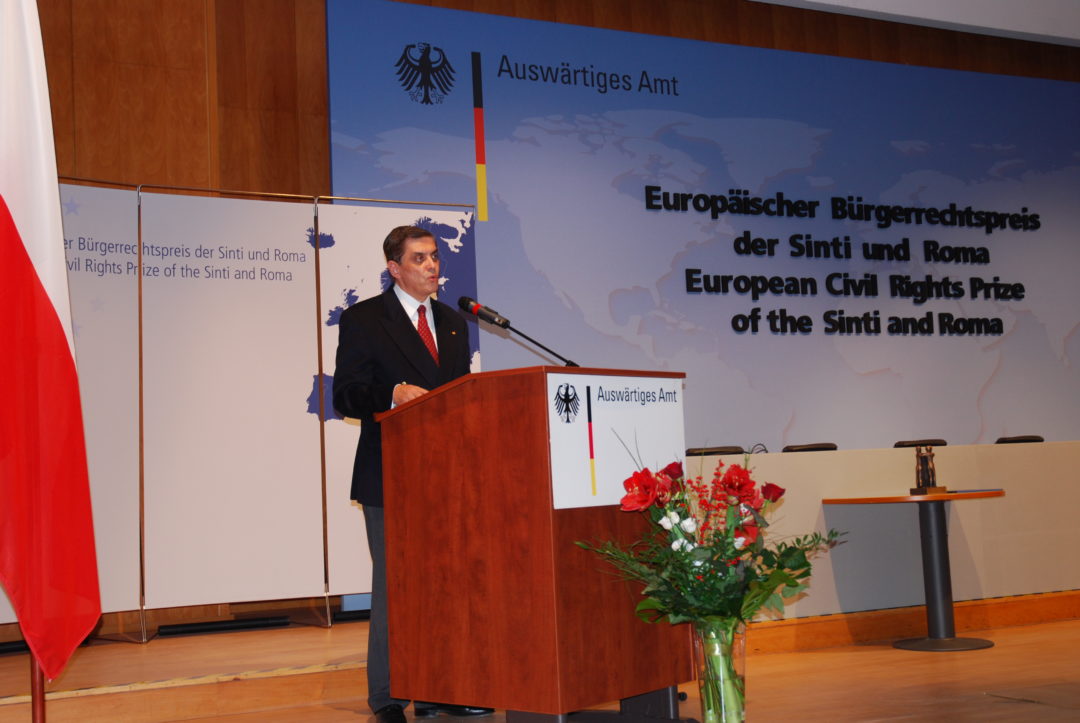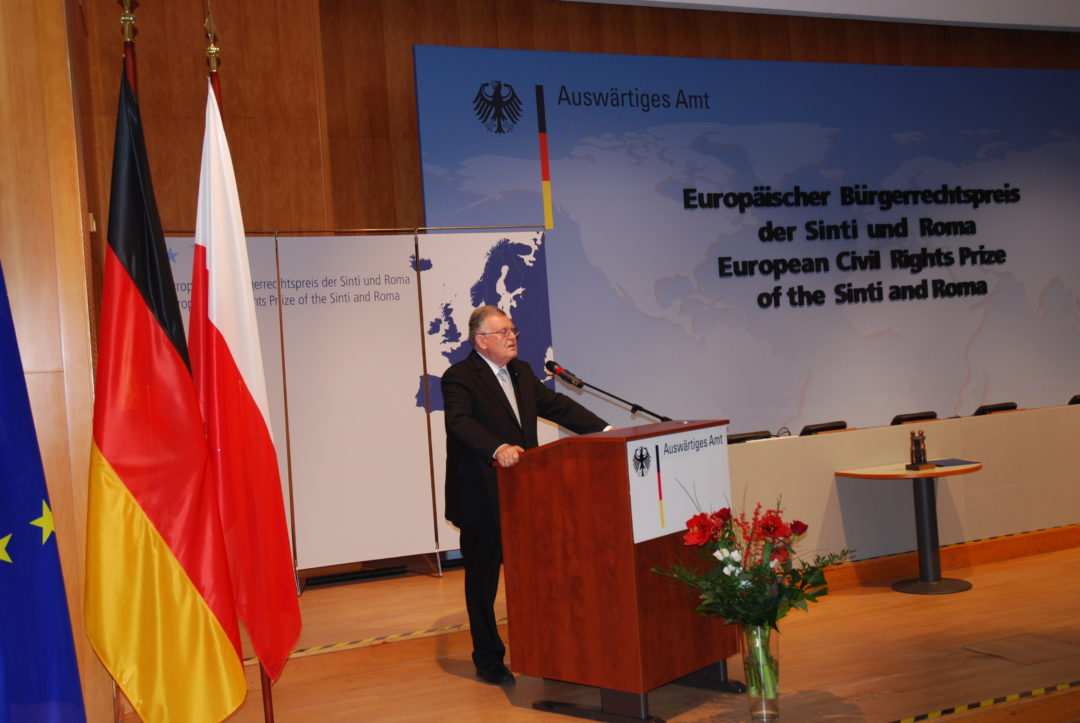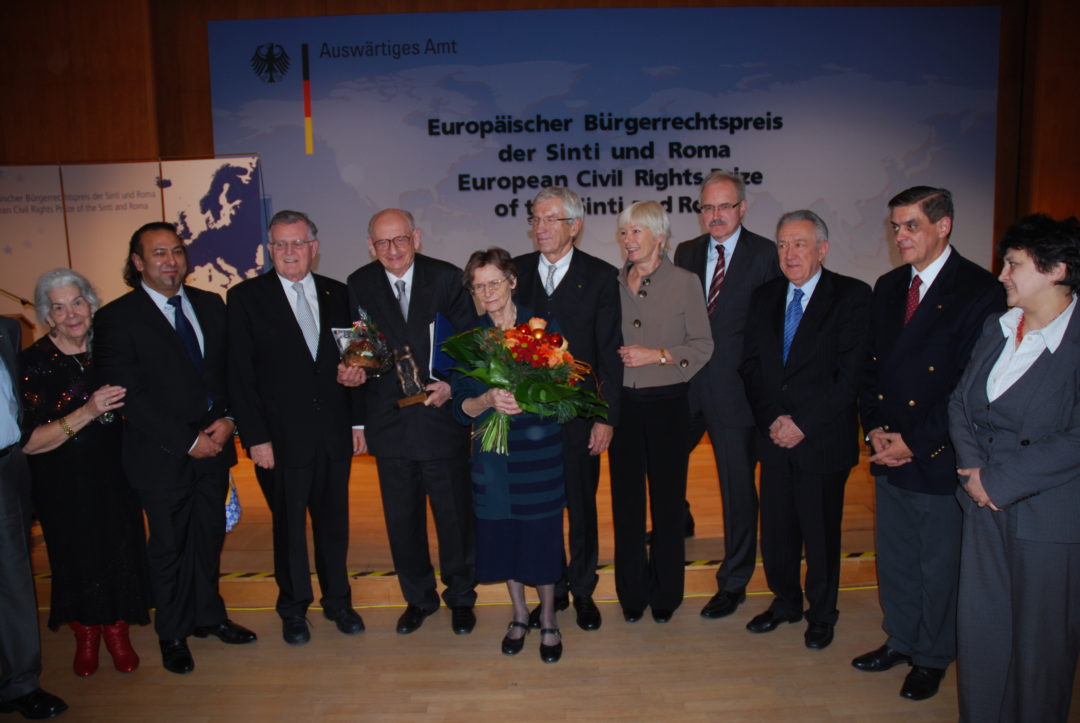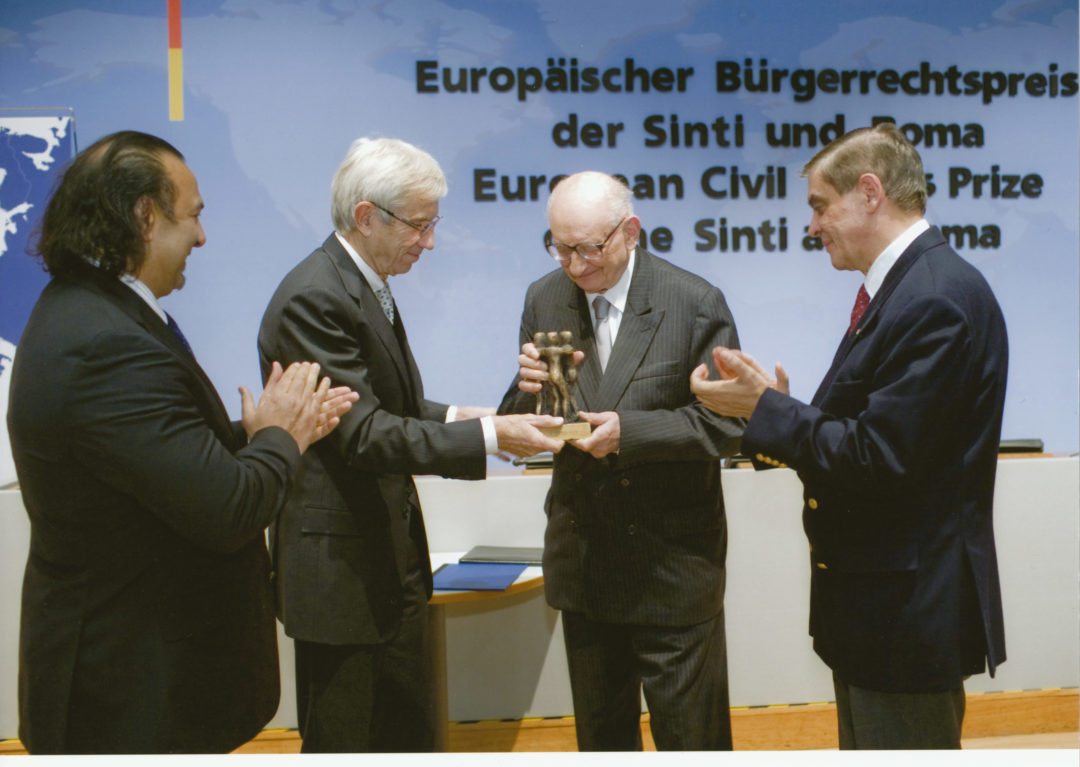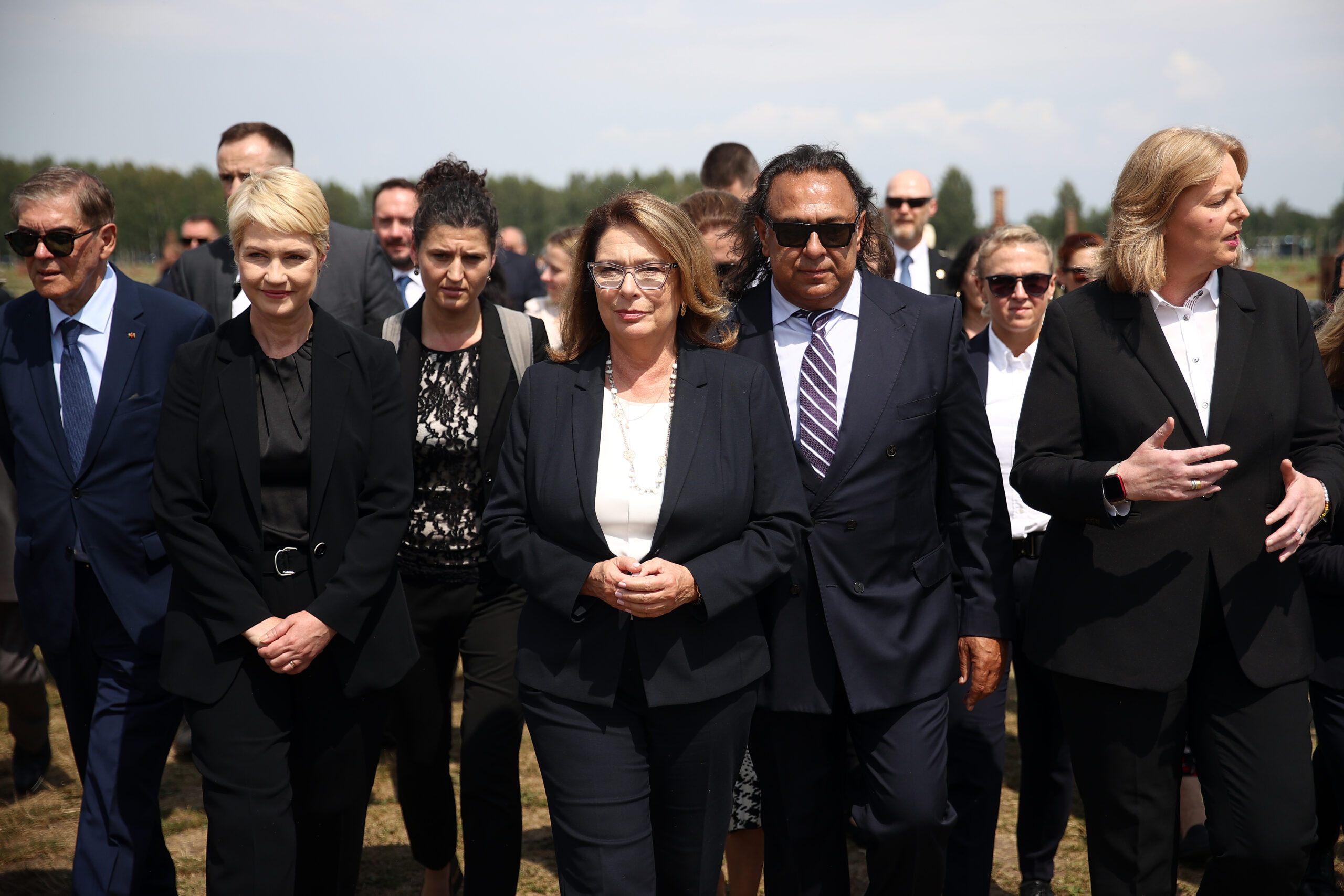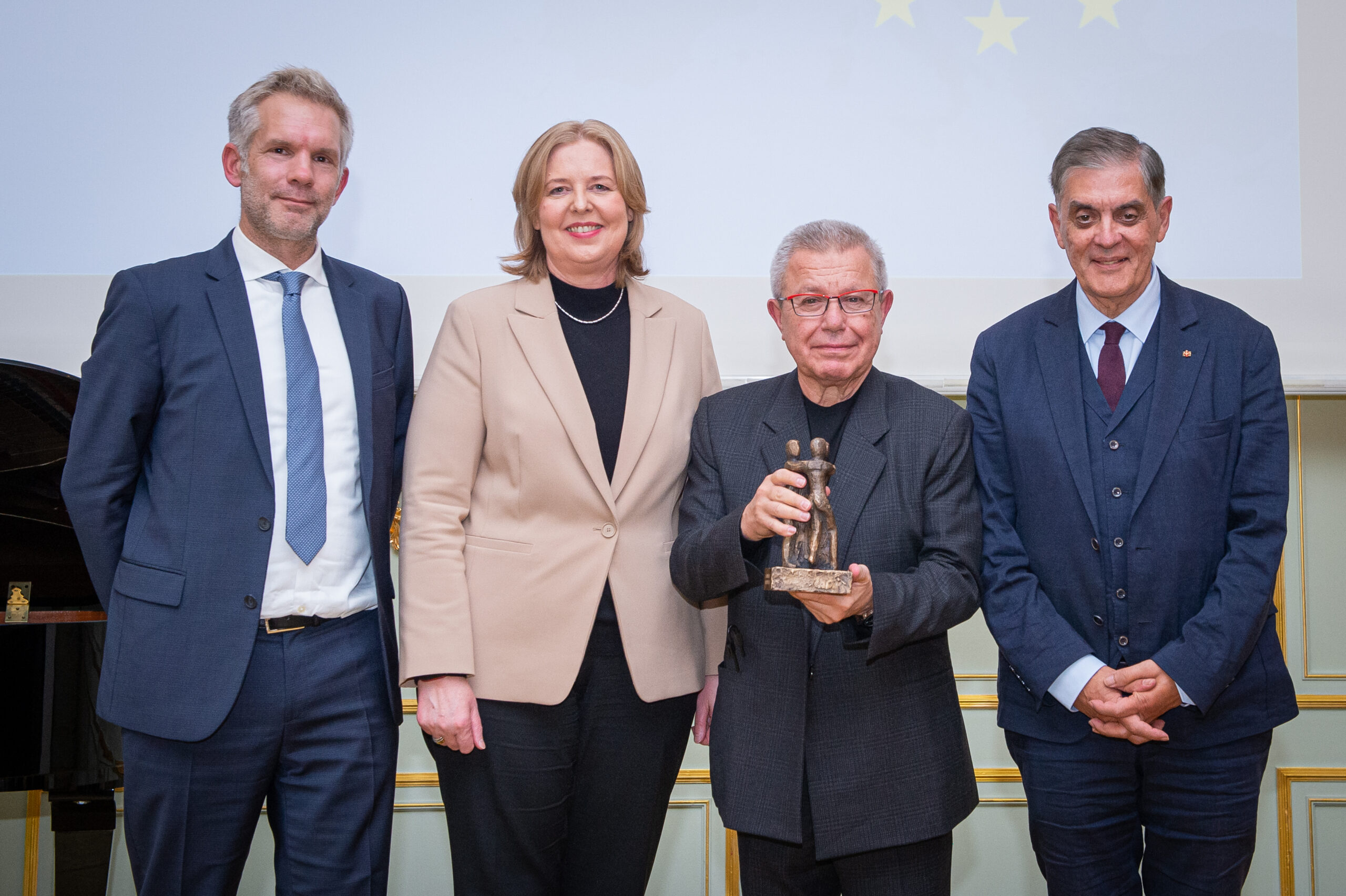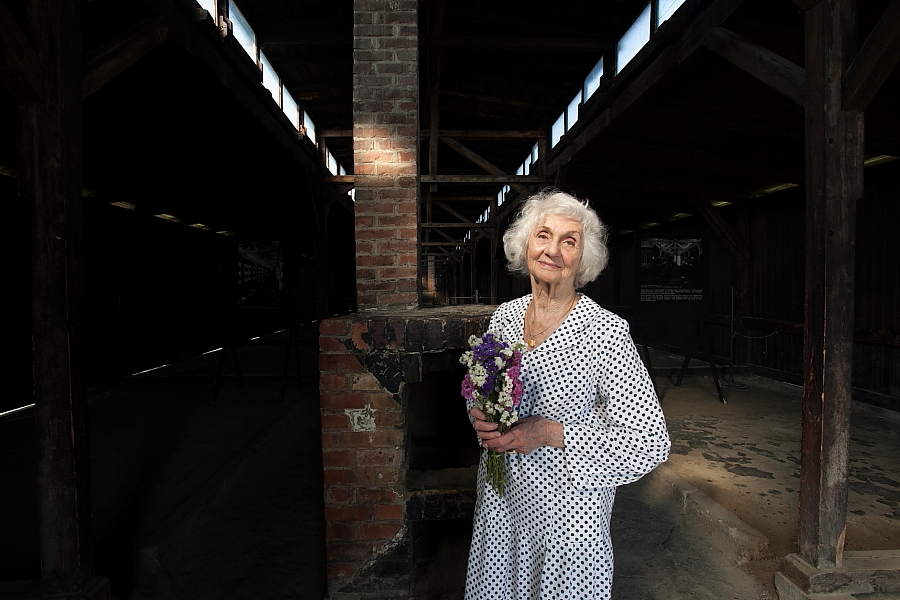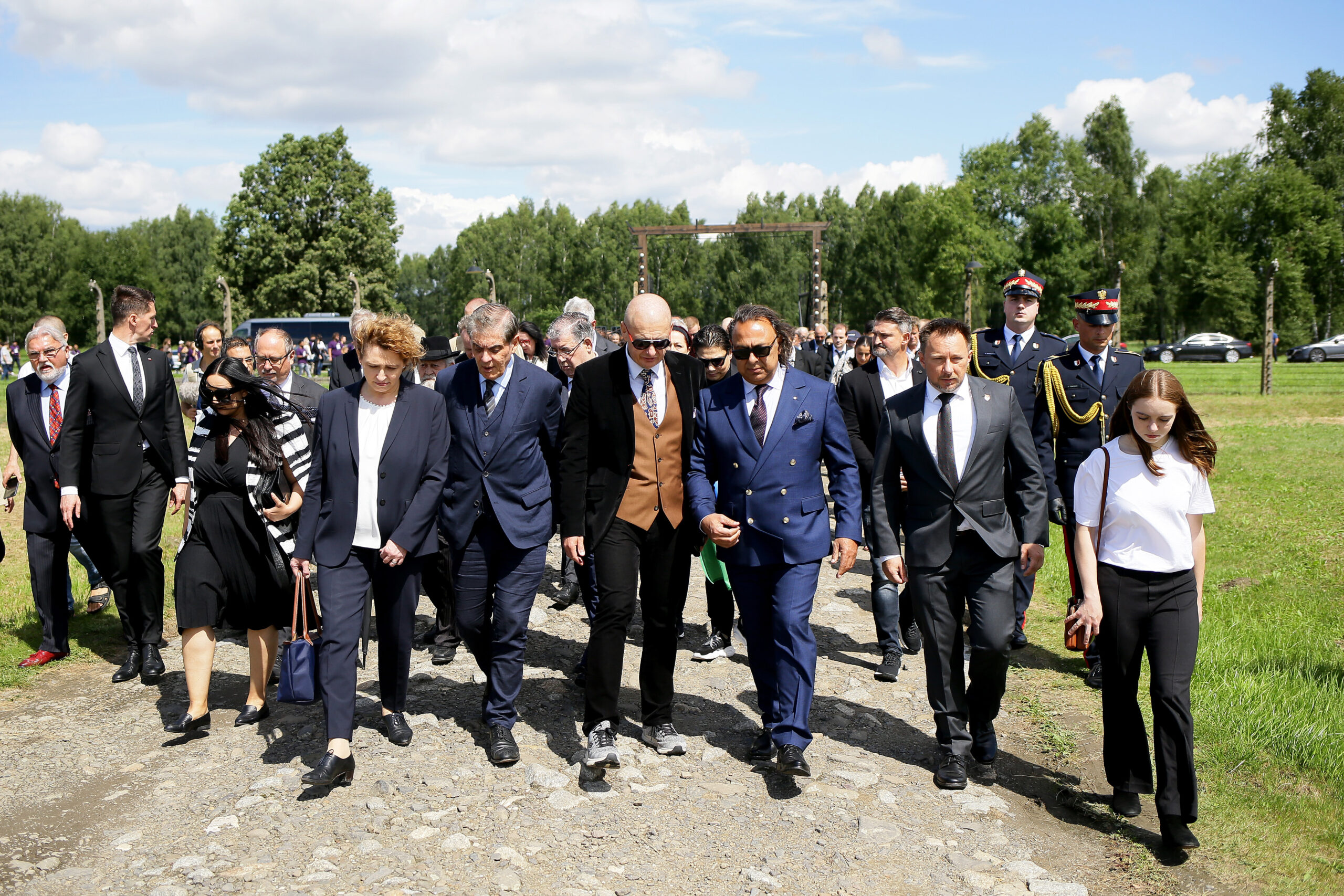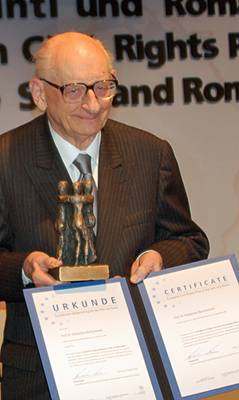Prof. Dr. Władysław Bartoszewski
Władysław Bartoszewski (1922-2015) was one of Poland’s leading intellectuals and politicians. As a member of the resistance during the German occupation of the country, he played a leading role in the rescue of tens of thousands Jewish fellow citizens, was deported to the Auschwitz concentration camp and, after his release, took part in the Warsaw Uprising in 1944. After the Second World War, Bartoszewski once again became a victim of a totalitarian system. As a journalist for the only oppositional daily newspaper in Poland and an employee in the main commission for the investigation of the Nazi crimes, he soon became a target for the new Stalinist rulers and spent six and a half years in prison until his rehabilitation in 1955. As a historian and journalist, he then began to put the history he experienced in a broad contemporary historical context: a work that has led to 50 book publications and thousands of essays to date. His unwavering stand against the repressive system once again brought him into conflict with state power in the early 1980s. After a long period of detention, he left for Germany, where he continued to function as mediator between Poles and Germans in Munich, Eichstätt and Augsburg as a professor of history. After the unification, he started a new political career as the Polish ambassador to Austria (1990 to 1995) and later as Polish Minister of Foreign Affairs (in 1995 and again from 2000 to 2001). After the general election in 2007, he worked as State Secretary and Government Commissioner for International Dialogue at the office of the Polish Prime Minister, where he was also responsible for shaping Polish-German relations.
In the light of his own experiences with the death machinery of the Nazis, Władysław Bartoszewski has committed himself to the protection of human rights and the fight against racism after World War II. Therefore, he is one of the co-founders of the All-Polish League for the Fight against Racism, founded in April 1946. In his writings and numerous public appearances, he expressed from early on that Sinti and Roma, like the Jews, had been victims of the Nazi’s systematic extermination policy, to which 500 000 members of the minority fell victim in occupied Europe. In Poland alone, an estimated 35,000 of the 50,000 Sinti and Roma, who had lived there for centuries, were murdered by the Nazis in gas chambers and death squads. Bartoszewski emphatically expressed the fundamental similarities of the extermination policy toward Sinti, Roma, and Jews in his speech at the German foreign ministry on May 16, 2004, during the commemoration of the uprising of Sinti and Roma prisoners in the Auschwitz concentration camp. In it, he emphasized, among other things:
„… after the evaluation of the historical documents preserved in the post-war era, the same murderous determination has been revealed to the full extent in the case of the Roma, which was fatal for millions of Jews. The extermination of the ‘Gypsies’, as they were colloquially called in a derogatory manner, had been, along with the Holocaust of the Jews, one of the priorities of the racial policies of the Third Reich.”
In this speech, just as powerfully, he pointed out the decades-long repression of the Nazi genocide of Sinti and Roma in the historic memory of the European nations:
“The knowledge of the extermination of the Jewish people during World War II is common knowledge today. […] Unfortunately, this awareness has not yet commonly prevailed concerning the Roma. Therefore, it is the duty of historians and scientists, and all of us, to record the fate of the murdered Roma people in Europe and provide future generations with an insight into this tragedy.”
Władysław Bartoszewski, as a politically responsible person, has always turned the rhetoric of this fundamental insight into action. For example, he insistently advocated the formation of self-organizations of Sinti and Roma in Poland, but also actively supported the work of the Documentation and Cultural Center of German Sinti and Roma since its founding in 1997. His commitment to the establishment of the permanent exhibition on the Nazi genocide of the Sinti and Roma in the former Block 13 in the Auschwitz State Museum was of particular importance for the national minorities of Sinti and Roma in their respective home countries. As President of the International Auschwitz Council and Poland’s Foreign Minister, Bartoszewski was the main supporter and driving force behind the realization of this exhibition, which has more than 80,000 visitors every year and has gained worldwide significance. In his function as Polish Foreign Minister professor Bartoszewski opened the exhibition on 2 August 2001. He also used this opportunity to emphasize the similarities of the persecution fate of Sinti and Roma and Jews when he said:” Just as there is no Jewish family that has not lost loved ones in this hell, there is no Roma family that does not have victims to mourn.” It is thanks to the dedicated initiative of Prof. Bartoszewski that the official UNESCO declaration of the German National Socialist concentration and extermination camp Auschwitz-Birkenau as a world cultural heritage site explicitly mentions the crimes committed there against the Sinti and Roma. Furthermore, he was an important source of ideas and support for the realization of further memorials for the Sinti and Roma in Poland and elsewhere. In numerous political conflicts – concerning, for example, the degradation of historical sites in the Czech Republic – the survivors of Sinti and Roma and their descendants could be sure of his support.
